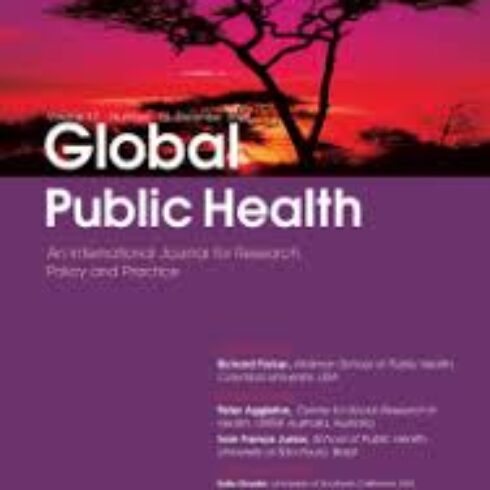‘I am my own doctor’
Coping, creativity and entering do-it-yourself antibiotic regimes in a refugee camp in Lebanon
Amanda Hylland Spjeldnæs
2025

As everyday life in Shatila refugee camp in Lebanon is heavily constrained by structural factors such as poverty, discrimination and limited access to quality healthcare, camp residents find ways to survive – to cope. Through six months of ethnographic fieldwork with participant observation and qualitative interviews in the informal pharmaceutical sector in Shatila, I observed how camp residents use everyday coping tactics to access and use antibiotics; they climb the antibiotic hierarchy, become their own doctors, try different antibiotics through trial and error, and access healthcare and antibiotics for each other in creative ways based on their social networks. These everyday coping tactics illustrate creativity, resilience and agency, which are important factors to consider when creating interventions to reduce antibiotic use in this setting: Shatila residents are not only victims forced to use antibiotics, they can also be actors who take part in shaping the future of Shatila. Antimicrobial resistance (AMR) is a massive threat to health worldwide, especially in low-income settings. Shatila residents should be the ones who develop and implement interventions to reduce antibiotic use in Shatila, as part of decolonising policy making in the field of AMR.
View Publication > Share
Share






Commentary
The latest commentary on the use of antimicrobials in society.